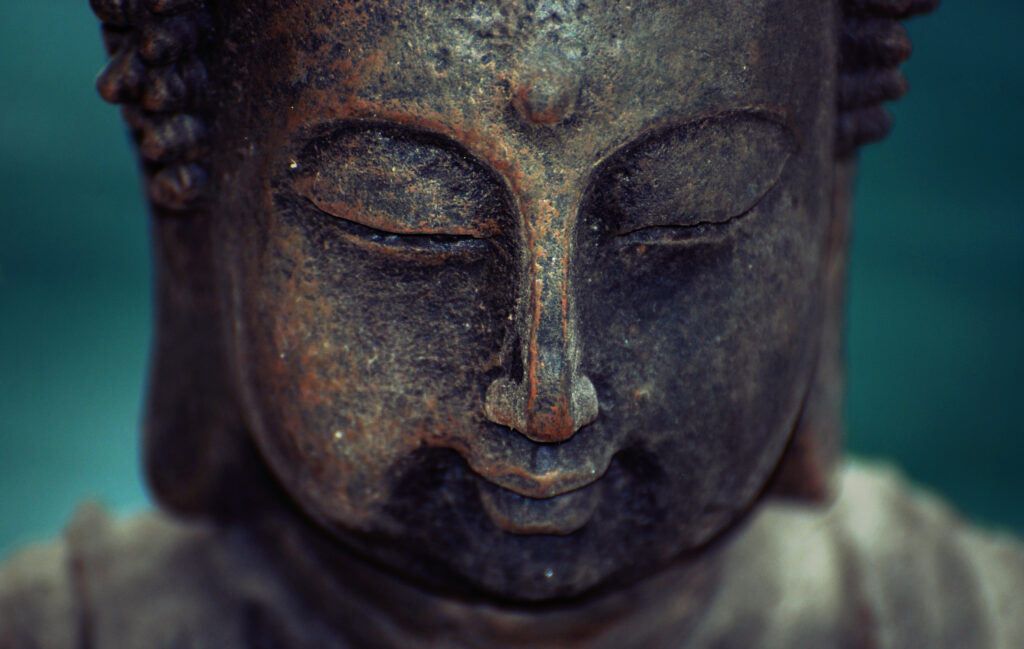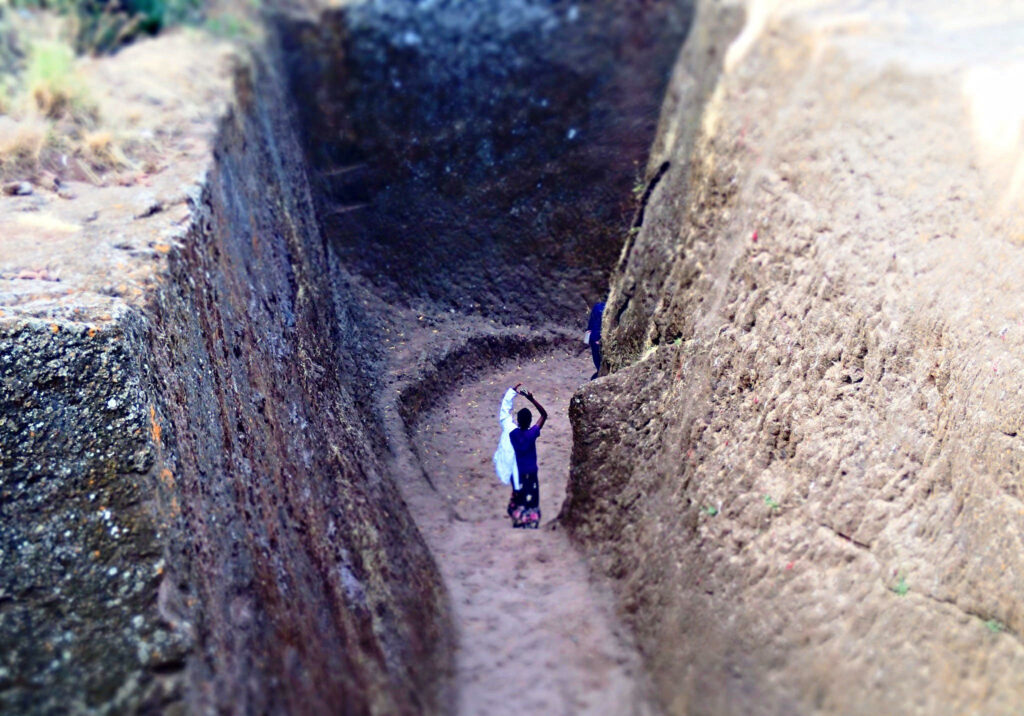“The emergence and blossoming of understanding, love and intelligence has nothing to do with any tradition – no matter how ancient or impressive – it has nothing to do with time. It happens completely on its own when a human being questions, wonders, listens, and looks without getting stuck in fear. When self-concern is quiet, in abeyance, heaven and earth are open.”
~Toni Packer
The wisdom of uncertainty frees us from what Buddhist psychology calls the thicket of views and opinions. “Seeing misery in those who cling to views, a wise person should not adopt any of them. A wise person does not by opinions become arrogant. How could anyone bother those who are free, who do not grasp at any views. But those who grasp after views and opinions wander about the world annoying people.” I like to think that the Buddha said this last sentence with a laugh. Ajahn Chah used to shake his head and smile, “You have so many opinions. And you suffer so much from them. Why not let them go?” I have noticed that when people come on retreat at Spirit Rock they become grateful to not know for awhile, happy to step out of the din of political pundits, talk radio, bumperstickers, and the good old American right to have your own opinion.
Freedom from views allows us to stop taking life for granted and look anew. It is like a cleaning of the glass, a breath of fresh air. Zen Master Suzuki Roshi calls this open mindedness Beginner’s Mind. Listen to Rachel Carson, the great naturalist, as she evokes it: “A child’s world is fresh and new and beautiful, full of wonder and excitement. It is our misfortune that for most of us that clear-eyed vision, that true instinct for what is beautiful and awe-inspiring, is dimmed and even lost before we reach adulthood. If I had influence with the good fairy who is supposed to preside over all children, I should ask that her gift to each child in the world be a sense of wonder so indestructible that it would last throughout their life.”
When we are free from views, we are willing to learn. What we know for sure in this great turning universe is actually very limited. Dae Seung Sahn, a Korean Zen Master tells us to value this “Don’t Know Mind.” He would ask his students questions like “What is love? What is consciousness? Where did your life come from? What is going to happen tomorrow?” Each time, the students would answer, “I don’t know.” “Good,” Seung Sahn replied, “Keep this ‘Don’t Know Mind.’ It is an open mind, a clear mind.”
I love this story told by the mother of a five year old girl. The child had taken a stethoscope out of her mother’s doctor bag and was playing with it. As she put the stethoscope to her ears, her mother thought proudly, “She seems interested in medicine. Maybe she will grow up and become a doctor like me.” After a time the little girl put the listening end of the stethoscope up to her mouth and exclaimed, “Welcome to McDonald’s. May I take your order please?” At this, her mother had to laugh with her daughter and smiled to herself about how easily we can project our ideas on one another.
In close relationships, if we rely on assumptions, we lose our freshness. Whether as parents or lovers, what we see about those close to us is only a small part of their mystery. In many ways we don’t really know them at all. Through beginner’s mind we learn to see one another mindfully, free from views. To rest with another person in this way is profoundly healing. Without views, we listen more deeply and see more clearly. “These are the moments,” says Rilke, “when something new has entered into us, something unknown; our feelings grow mute in shy perplexity, everything in us withdraws, a stillness comes, and the new, which no one knows, stands in the midst of it and is silent.”
Aliveness is one of the hallmarks of a mindful psychology. Buddhist teacher and psychiatrist Robert Hall arranged for his mentor, Fritz Perls, to speak at the annual conference of the American Psychiatric Association. Perls had been a disciple of Freud, but had broken with the focus on the past that was common in psychoanalysis. He introduced a new approach called Gestalt Therapy. Influenced in part by Zen, Gestalt Therapy focused on aliveness, here and now. Perls’ approach was viewed with great suspicion by traditional psychiatry. But at the conference, over a thousand doctors came to see what he had to say. Fritz did not present a traditional case history – instead he asked for volunteers to work with him on the stage. None of the doctors raised their hands, but one woman, a psychiatric assistant named Linda, volunteered.
Linda sat in a chair across from Fritz. He began by asking how she was feeling in the moment. She talked about being anxious in front of so many people and how she wanted his help with a difficult romantic relationship. She lit a cigarette. As she talked, she held the box of matches in her lap, nervously opening and closing it. Perls noticed this small movement and asked her to exaggerate it. As she slid the box open and closed, he had her speak about what she was experiencing. First she talked about how hard it was to open (herself), and then, within a minute the matchbox became her father’s coffin. She was overcome with tears and the unfinished grief from his sudden death poured out. Fritz helped her to stay present. Then she talked about her difficult relationship and once again her tears poured out. Within a few minutes, Linda realized how much of her current anxiety and struggle was fear of another loss. Her healing began as Perls helped her to openly listen to what was within.
Read Part Two: Free From Views
This excerpt is taken from the book, “The Wise Heart”





